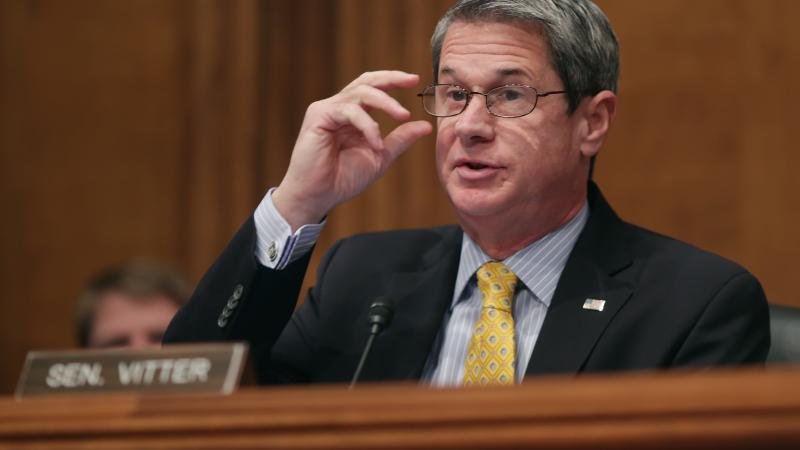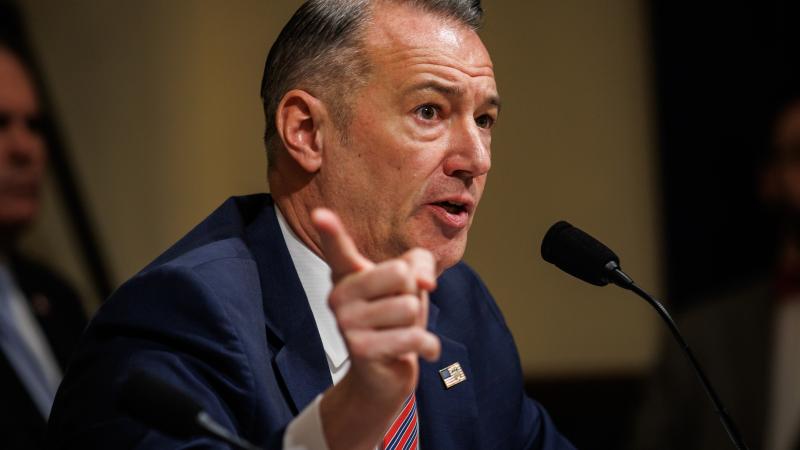Second wave of Twitter docs reveal 'blacklists' and 'shadow bans'
Weiss subsequently outlined how conservative personalities or individuals with "disfavored" positions would end up on internal blacklists to stunt the spread of their messaging.
Former New York Times editor Bari Weiss on Thursday released internal documents on Twitter's censorship efforts and detailed the creation of blacklists and use of shadow ban technique to throttle "disfavored" tweets.
Last week, Musk released information on the company's censoring of the Hunter Biden laptop story via alternative journalist Matt Taibbi. Thursday's dump came through a team of reporters Weiss led and to whom Musk granted broad access to the company's files to investigate on condition they first publish their findings on Twitter.
"[T]eams of Twitter employees build blacklists, prevent disfavored tweets from trending, and actively limit the visibility of entire accounts or even trending topics—all in secret, without informing users," Weiss posted in the first of a series of tweets.
Weiss subsequently outlined how conservative personalities or individuals with "disfavored" positions would end up on internal blacklists to stunt the spread of their messaging.
Talk-show host Dan Bongino was featured on a "search blacklist" while Turning Point USA founder Charlie Kirk's account was set to "Do Not Amplify," Weiss detailed. COVID-19 lockdown critic Dr. Jay Bhattacharya of Stanford University wound up on a "trends blacklist" that prevented his tweets from featuring on the website's trending section.
Weiss then recalled prior comments from Twitter executives denying that the company used shadow bans to stifle traffic on accounts without their knowledge. "We do not shadow ban. And we certainly don't shadow ban based on political viewpoints or ideology," said then Head of Legal Policy and Trust Vijaya Gadde and Head of Product Kayvon Beykpour in 2018.
Weiss then outlined testimony from Twitter engineers detailing an identical process the company termed "Visibility Filtering" in which the platform would quietly limit the reach of specific posts. VF decisions would go through the Strategic Response Team — Global Escalation Team Weiss explained, which she said often handled up to 200 cases per day.
She further asserted that a secret dubbed "Site Integrity Policy, Policy Escalation Support" included top-level officials who made the biggest decisions. Weiss asserted that former CEO Jack Dorsey participated in the group's deliberations.
















